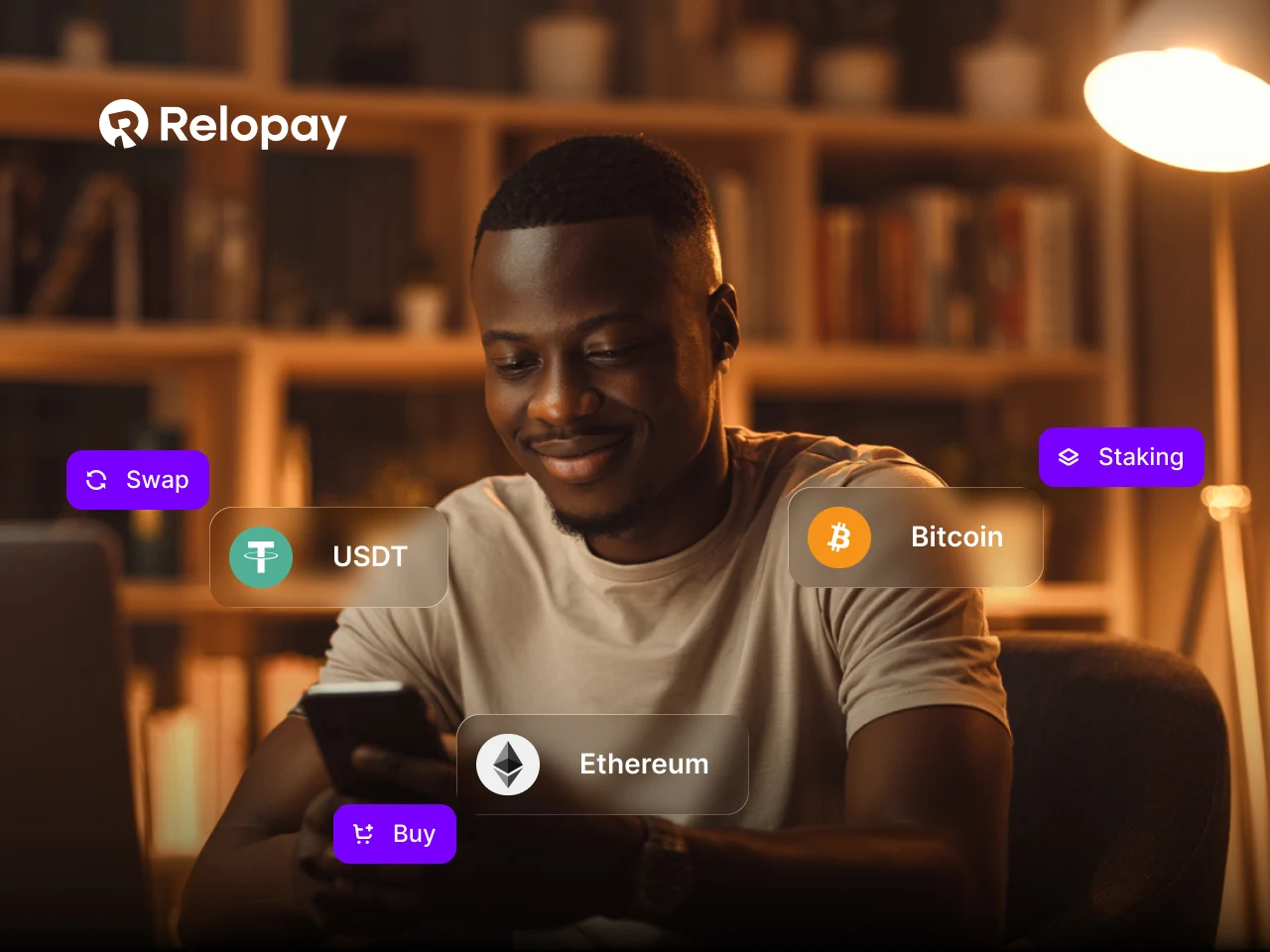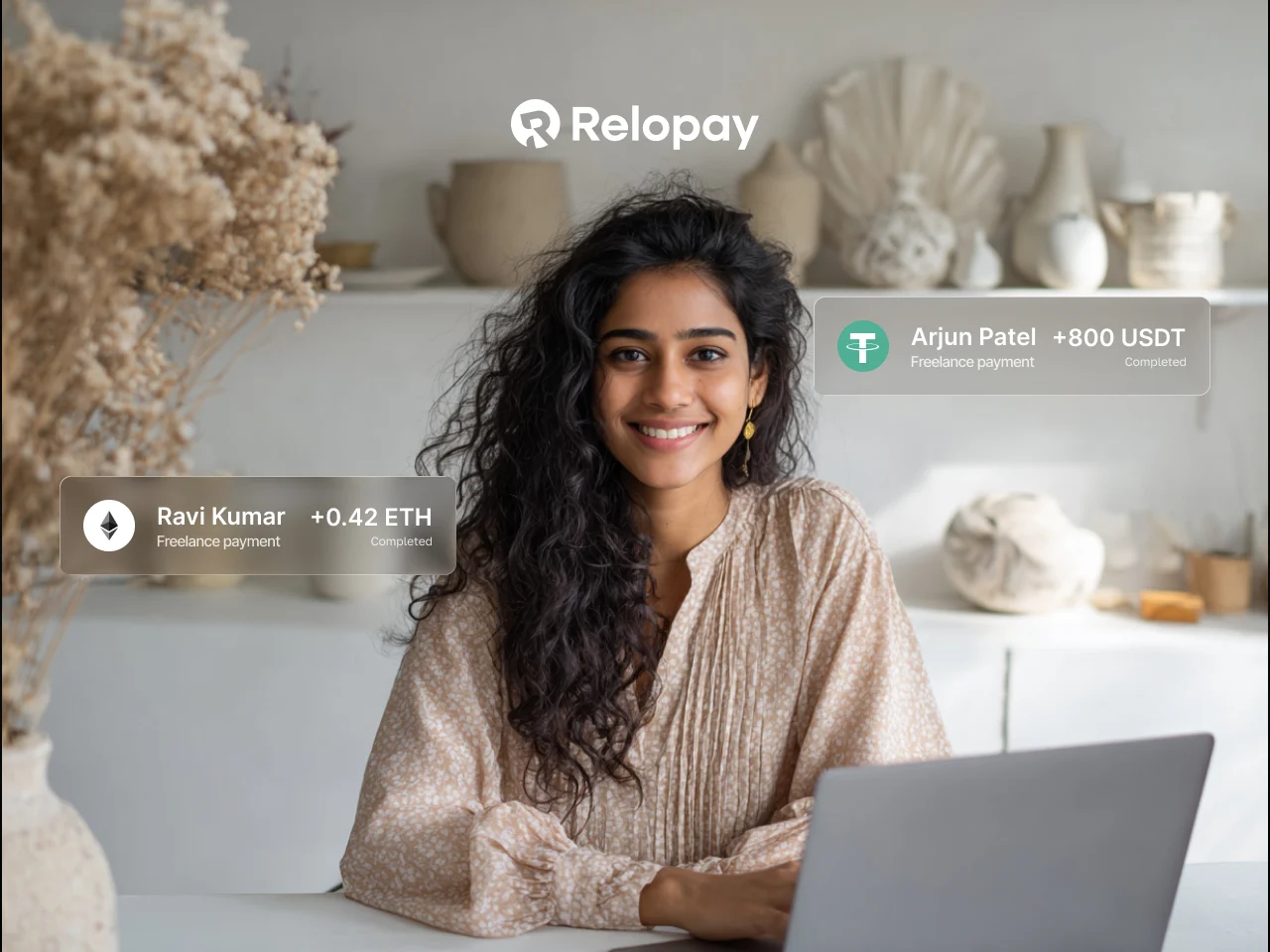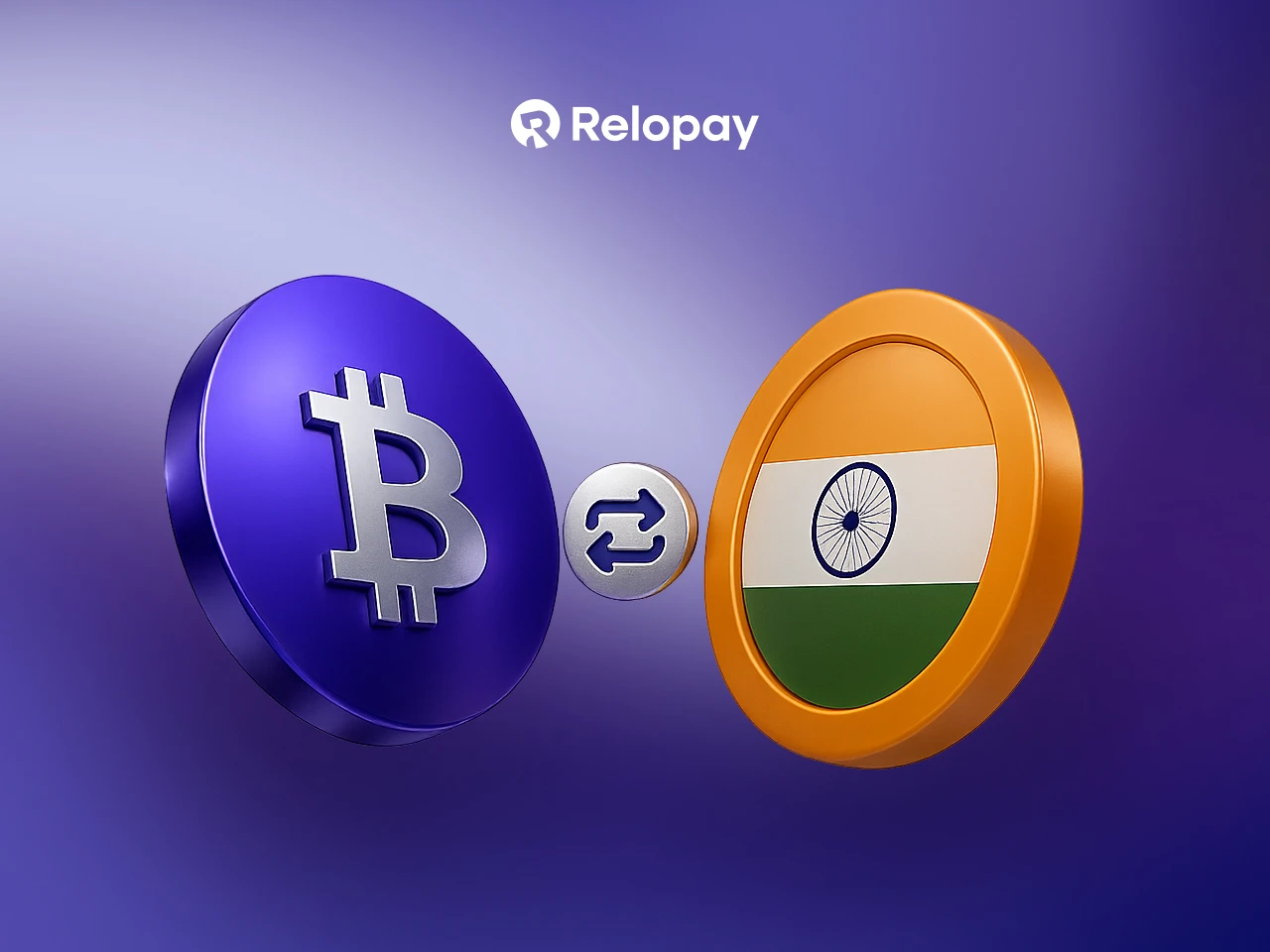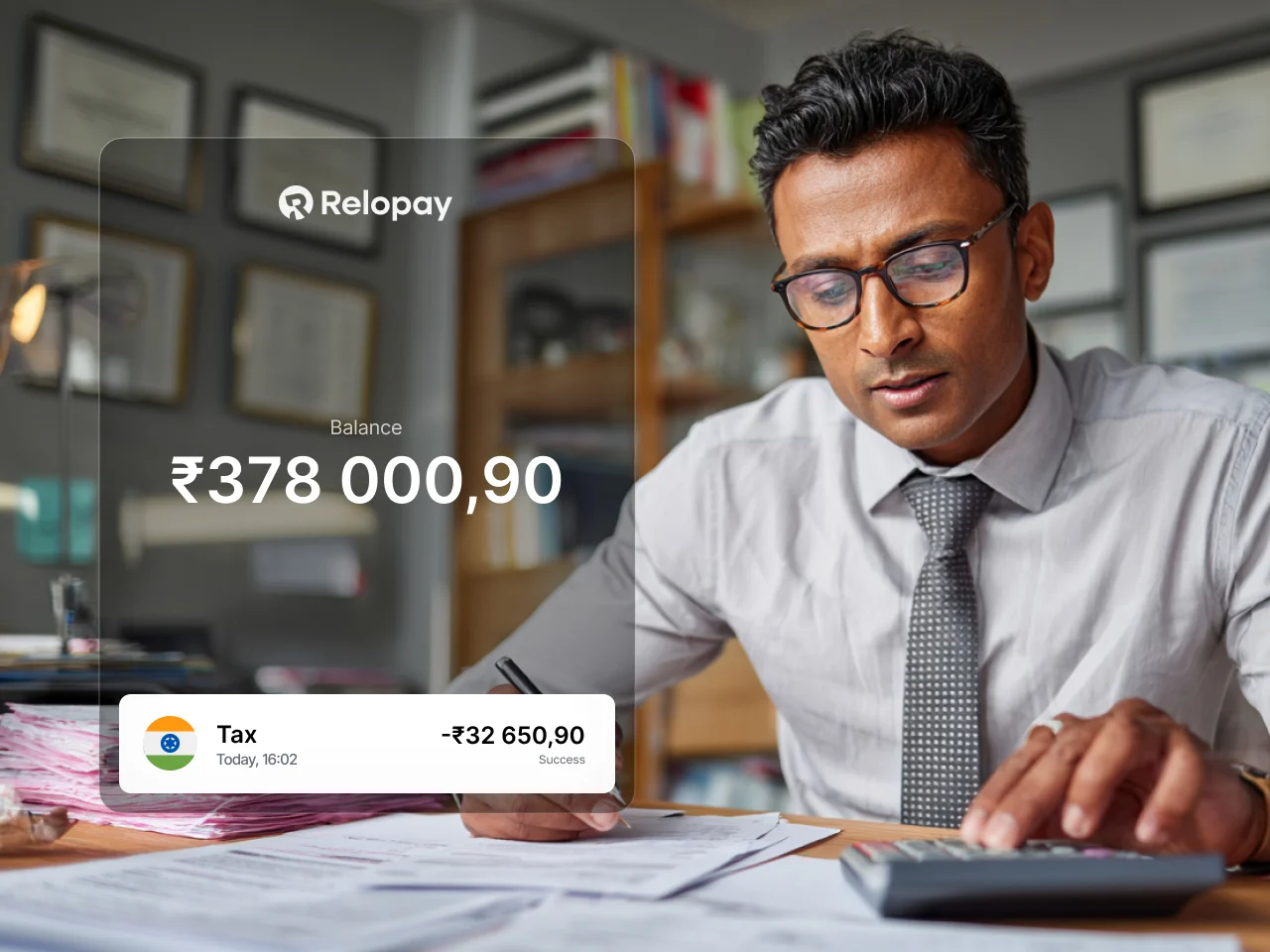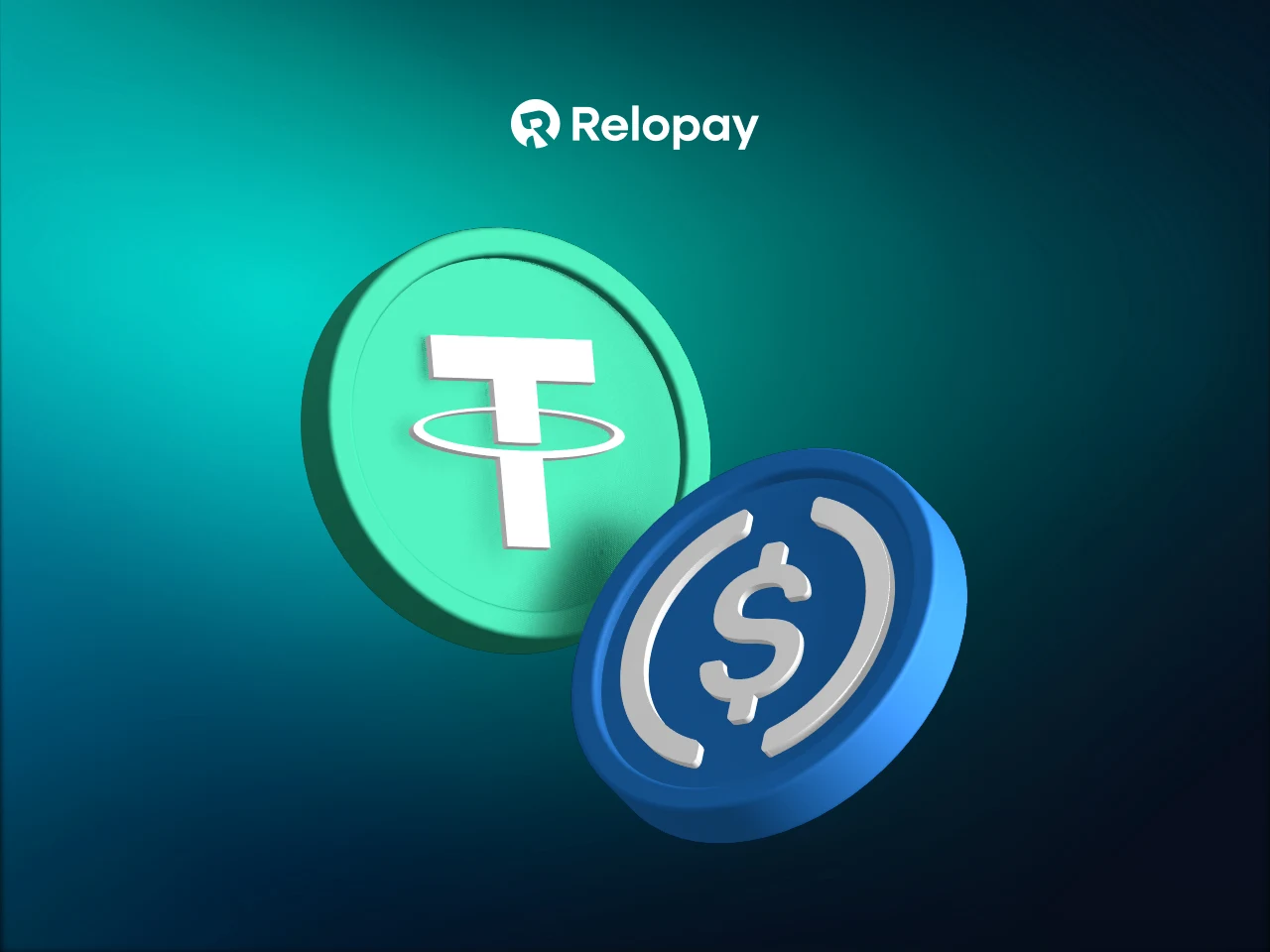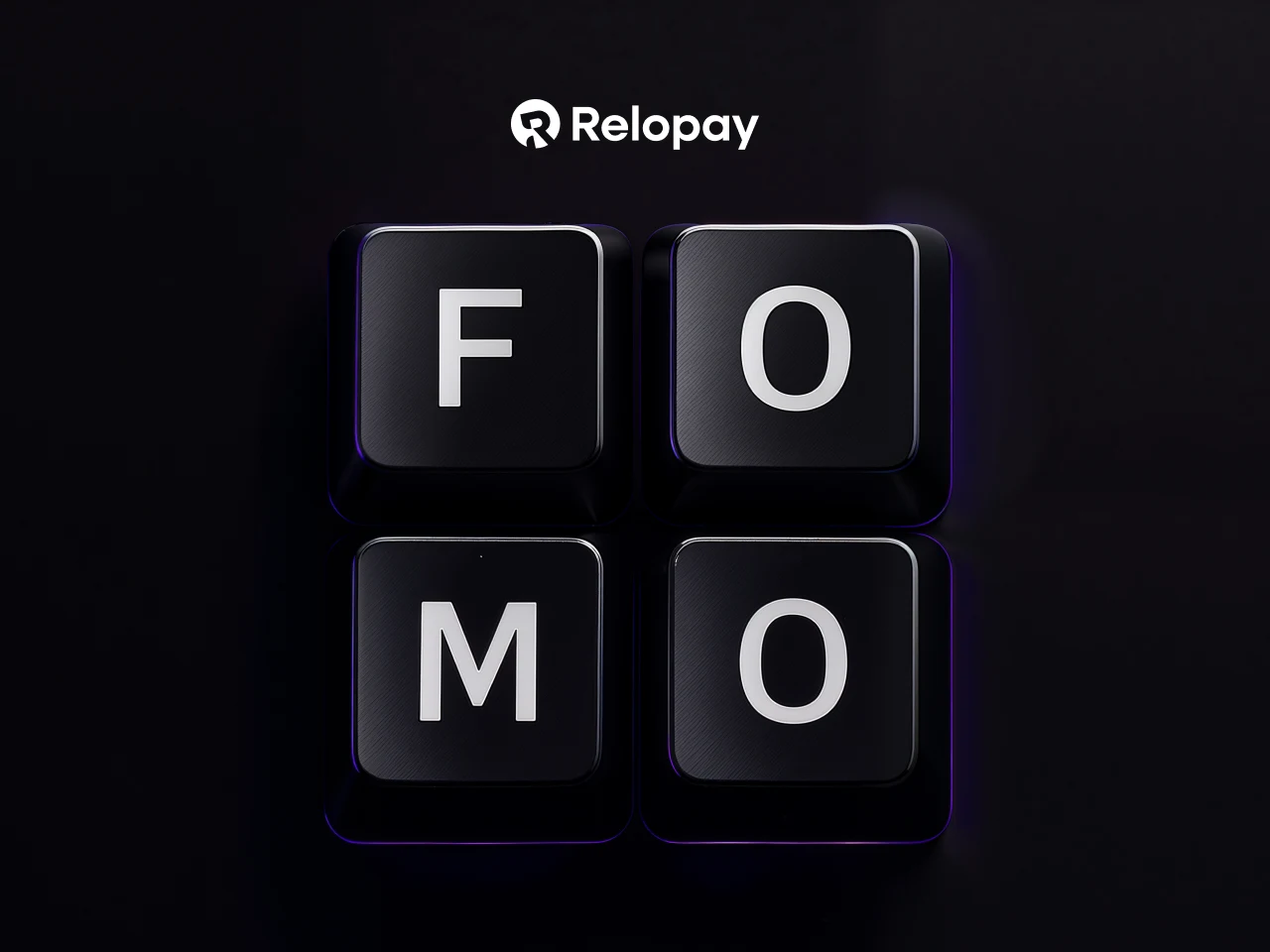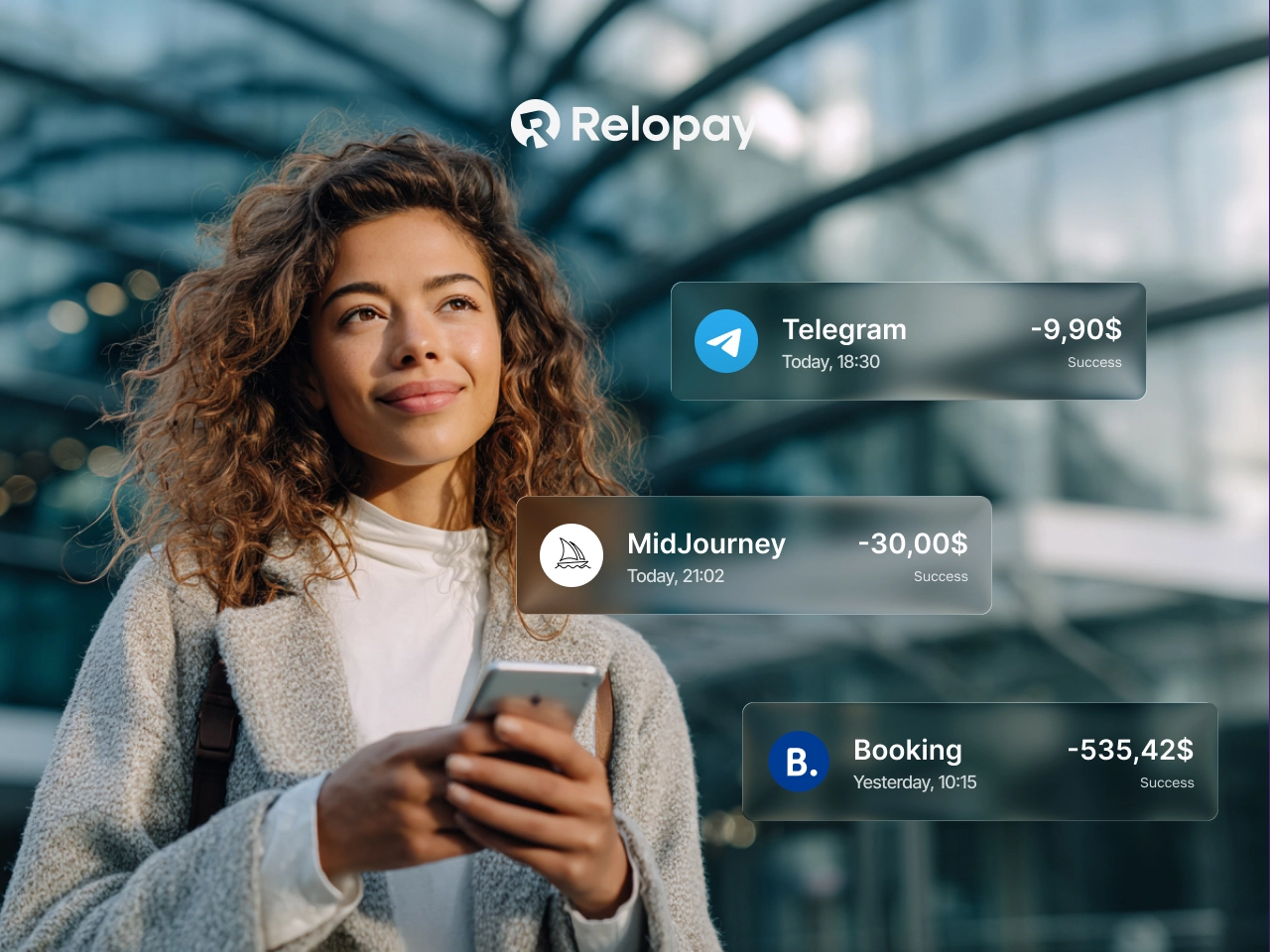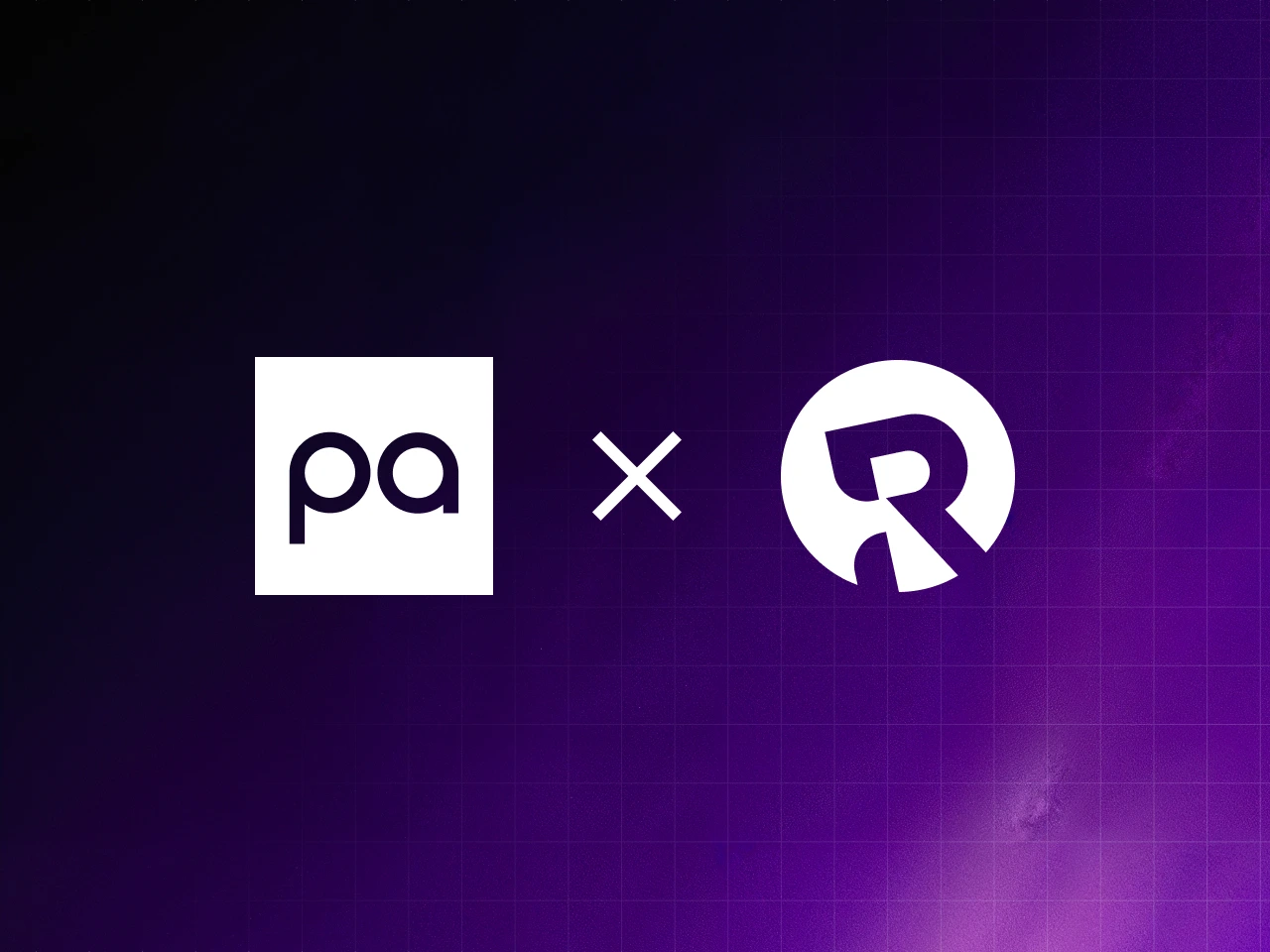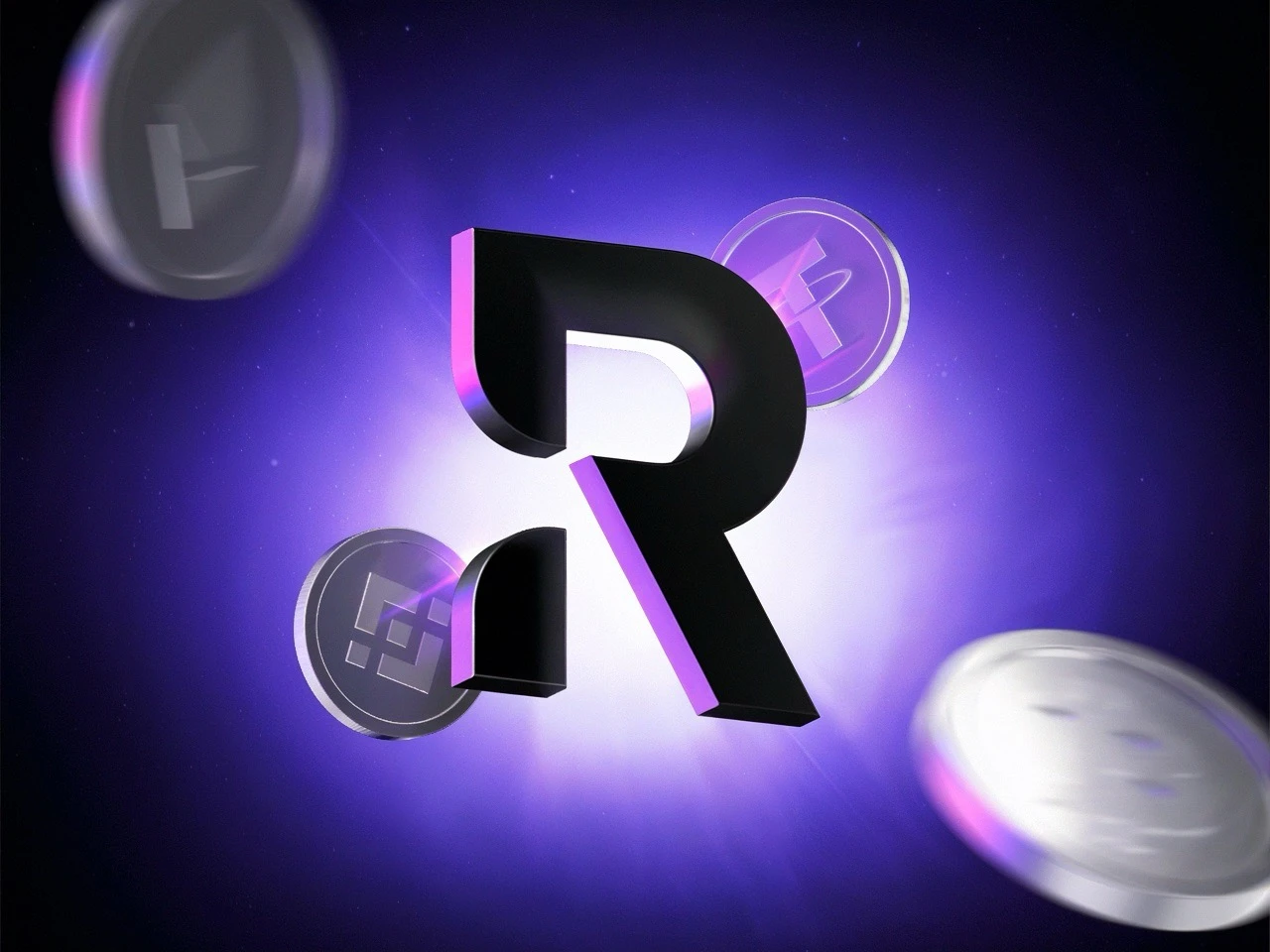Learn what an EVM wallet is, how it works across EVM chains, how Nigerians can set it up for secure payments and DeFi, and which trends-virtual cards and account abstraction-shape the next wave of crypto use.
Introduction to EVM Wallets
An EVM interface is a digital wallet built on the Ethereum Virtual Machine, letting users hold, send, and receive assets across Ethereum and other EVM chains with one interface. Shared token standards like ERC-20 token and ERC-721 make wallets interoperable for smart contracts and dApps. For Nigerians, it offers lower fees, familiar tools for decentralized finance, and seamless online payments without switching systems each time.
Understanding EVM Compatible Wallets
An EVM-compatible wallet manages your private key, derives a public key and address, and signs transactions the EVM chain can verify. It runs on strong cryptography, ensuring ownership and secure fund movement:
• Private key - proves control and authorizes transfers.
• Public key & address - your visible identifiers for receiving assets.
• Transaction - signed instruction for transfers, approvals, or contract calls.
• Gas fee - cost of computation and block space.
• Network selection - tells the wallet which EVM chain to use.
Shared EVM standards make one interface work across networks - letting Nigerian users explore cheaper chains without losing familiar flow.
Private and Public Keys Explained
Your private key is the master secret. If someone gets it, they control your funds. Store it offline, never in screenshots or cloud notes. Consider a metal backup for flood/fire protection. The wallet derives a public key and address from this secret. If you lose the seed with no backup, no provider can restore it - self-custody has responsibility as the trade-off.
EVM Wallet Address Format
An EVM wallet address is 20 bytes shown as a 0x-prefixed hex string. The format looks the same across EVM chains, which is convenient but risky if you send on the wrong network. Some tools use checksum casing to reduce typos. Always confirm the chain and token contract before sending funds.
Transaction Signing and Gas Fees
When you press “Send”, the wallet builds and signs a transaction with your private key, creating a secure transaction on the chosen EVM network. You can adjust the gas fee by changing the max fee and tip to balance speed and cost. Ethereum is often pricier, while L2s like Arbitrum, Optimism, Polygon, and BSC remain cheaper. Nigerian users usually prefer low-fee networks to keep micro-payments affordable and smooth.
Key Features & Functions of the EVM Network Wallets

EVM interface now do more than store coins. They enable digital asset management across chains, swaps and token exchange, and access to decentralized applications, NFTs, and decentralized finance platforms. You can bridge value between EVM networks from one interface. For Nigerians, the benefit is flexibility: choose the mix of fees, speed, and app support that fits the job.
Multi-Chain and Asset Management
Good digital wallets let you track balances across chains, add custom tokens, and switch networks fast. Cheaper networks help reduce gas fees for everyday transfers. You can move value through bridges, then add each EVM token contract to view balances clearly. Features like portfolio view, token discovery, and transaction simulation make this safer and smoother.
Security Practices
Security is not one setting - it is a routine:
- Backups: write the seed phrase on paper (or metal), keep two sealed copies.
- Hardware signing: use a hardware wallet for large balances.
- Phishing defense: bookmark official dApps, verify URLs, and ignore random airdrops.
- Approval hygiene: regularly review and revoke token approvals.
- Device hygiene: keep OS, browser, and wallet up to date; use screen locks and 2FA.
- Simulation: preview complex transactions to catch red flags.
Interacting with dApps and DeFi
EVM wallets link to decentralized applications and DeFi platforms via browsers or WalletConnect, enabling trades, lending, and staking without intermediaries. Always verify smart contracts, check token approvals, and use audited apps to maintain wallet security. Nigerian users should confirm network stability and pick providers reliable with local ISPs.
Spending Crypto with Virtual Cards
Link your Evm crypto to a virtual card like Relopay to pay at online merchants that accept Visa or Mastercard. Your virtual asset converts to fiat instantly at checkout, letting you pay for services without cashing out first. Check fees, KYC levels, and Nigeria support before choosing a card. For Nigerian users, Relopay enables easy top-ups from wallet balances and supports everyday payments for subscriptions, online tools, and travel, while keeping savings and spending separate for security.
Types of EVM Wallets
EVM wallets come in four families, each balancing features and wallet security:
• Software (hot) - quick crypto account for daily dApps; always online.
• Hardware (cold) - keys offline; strongest for savings.
• Custodial - easy onboarding; provider holds keys.
• Smart contract wallet - programmability and social recovery, extra setup and gas fees.
Software Wallets: Desktop/Browser/Mobile
MetaMask, Trust Wallet, Coinbase Wallet, Rainbow, and Rabby manage digital assets across EVM chains. They differ in transaction fee controls, UX, and cross-network interoperability. MetaMask and Rabby focus on decentralized finance and browser dApps with full smart contract control. Trust Wallet and Coinbase Wallet are mobile-first digital wallets; Rainbow centers on NFTs. In Nigeria, reliability, app-store access, and NGN-linked support matter most.
Hardware Wallets
Hardware wallets like Ledger Nano X, Ledger Nano S Plus, Trezor Model T, and Trezor One store private keys in secure chips and sign transactions offline. Their cryptography-based design prevents online theft and strengthens wallet security with PINs, firmware checks, and recovery seeds. Paired with mobile or desktop apps, they’re best for Nigerians who keep long-term funds in cold storage and smaller hot wallets for daily use.
Custodial Wallets
Custodial wallets act as managed digital wallets where a provider holds your keys. Recovery is simple through email or support, but this comes with counterparty risk and stricter compliance under KYC and AML rules. Always confirm Nigerian availability, withdrawal timings, and limits. Custody works for small balances or teams, yet long-term savings need self-custody for stronger wallet security.
Smart Contract Wallets and Account Abstraction
Account abstraction (ERC-4337) turns EOAs into smart contract wallets. You get social recovery, gas sponsorship, and batched actions—UX wins that make secure transactions simpler for newcomers. These improvements ride on shared blockchain technology and expand interoperability across tools.
Choosing an EVM Wallet: Criteria and Comparison
Choosing an EVM wallet depends on what you value most—setup ease, fees, network reach, or safety:
- Onboarding: clear setup, protected seed, easy network add.
- Fees: visible gas controls and lower gas fee options.
- Network support: wide EVM coverage and smooth access to decentralized applications.
- Security: hardware signing, phishing alerts, strong wallet security.
- Nigeria access: verified app stores, working card rails, and fiat ramps for NGN transfers.
Beginners focus on onboarding, traders on fees, and developers on dApps—while Nigerian users across all levels also look for stable payments and local accessibility.
Comparison Table: Top EVM Wallets
Each EVM digital wallet serves a different purpose depending on how you manage assets and connect to decentralized finance tools.
- MetaMask works best as a dApp and DeFi explorer for active users.
- Trust Wallet offers multi-chain mobile storage with fast swaps.
- Ledger, paired with its app, provides strong wallet security for long-term cold storage.
- Relopay complements these wallets by adding a virtual card solution that converts crypto to fiat at checkout, letting users spend digital funds directly through Visa or Mastercard.
- Coinbase Wallet remains beginner-friendly, simplifying onboarding and recovery.
Together, they cover every use case: storage, trading, and real-world spending.
How to Create and Use an EVM Wallet
- Choose the type: hot for daily use, hardware for savings, or smart-contract for better UX.
- Create the wallet: write the seed phrase on paper; store duplicates in safe places.
- Secure the device: enable biometrics or PIN, update OS, browser, and wallet for stronger wallet security.
- Add networks: Ethereum, Polygon, BSC, Arbitrum, Optimism, Avalanche, and more.
- Add tokens: most auto-detect; if not, paste the contract EVM address carefully.
- Fund your account receive from exchanges, bridge across chains, or use an on-ramp.
- Transact smart: check recipient, chain, and gas fee before signing; simulate complex calls.
- Connect to dApps: use bookmarked URLs and WalletConnect; review token approvals.
- Spend with a card (optional): top up a virtual card from your account for online payments.
Tips for Safe Usage
- Keep your software updated for better wallet security and protection from phishing.
- Split funds: a small hot wallet for spending, a cold wallet for savings.
- Revoke stale approvals regularly.
- Verify token contracts and explorer pages.
- Never type a seed phrase into a website; only into the wallet’s official recovery flow.
- Test with a small amount when trying a new chain or app.
Future of EVM Wallets

EVM wallets are entering a new era of blockchain technology built on account abstraction and smart contract wallets. Cryptography-driven designs enable secure transactions, gasless actions, and social recovery. As multi-chain wallets grow, interoperability expands-bringing decentralized finance tools and token exchange into one digital wallet for everyday Nigerian use. Continued upgrades align with network consensus and evolving token standards.
FAQ Part 1: Understanding EVM Wallets
Quick answers about EVM wallets - how they work, generate a wallet address, stay secure, and let Nigerians cash out crypto safely.
What are EVM wallets?
An EVM wallet holds keys and signs on multiple blockchain networks built on ethereum standards. It supports ERC-20 token assets, connects to decentralized applications, and pays a gas fee for execution as part of digital asset management.
What does EVM wallet address mean?
An EVM wallet address is derived from your public key; only the private key holder can move funds. Its identical format across chains aids interoperability. Always verify chain and contract to protect wallet security.
How are EVM addresses generated?
An EVM address is derived from a private key through cryptography, hashing, and truncation on the blockchain network. Collisions are astronomically unlikely under current consensus. True wallet security depends on guarding the key and keeping devices clean.
What are EVM-compatible wallets and EVM-compliant wallets?
EVM-compatible wallets work across any Ethereum-based blockchain network. “Compliant” adds adherence to token standards, easing smart contract and dApp use.
What is the difference between EVM wallets blockchain and BitPay?
Self-custody EVM tools give on-chain control and broad token support. BitPay centers on payments. Nigerians often hold in EVM and spend through card-friendly apps.
FAQ Part 2: Using EVM Wallets in Nigeria
Most Popular EVM Wallets in Nigeria
Nigerians favor MetaMask for decentralized application access, Trust Wallet for multi-coin storage, Coinbase Wallet for onboarding, Rabby for decentralized finance, and new AA wallets for gasless flows.
Limits and Restrictions
Expect KYC on cards and ramps; limits vary by level and region. Confirm NGN support, methods, timing, and transaction fee details. Turn on 2FA in the digital wallet app to keep a secure transaction flow.
Security & Privacy for Virtual Card Holders
Protect both wallet and card. Use device locks and 2FA. Keep only spend funds on card; store savings in hardware or multisig. Providers like Relopay minimize data and keep conversion transparent.
Can I cash out my crypto wallet?
Common routes: virtual card spending, P2P trades, or local exchanges with bank withdrawals. Choose by speed, limits, and transaction fees; funds from a linked digital wallet settle in fiat.
Does Defiway wallet support EVM wallet? How many wallets can I create in Defiway wallet?
Defiway supports major EVM networks and lets users create multiple digital wallet accounts under one profile. Label them for spending or savings, and back up each seed separately to maintain wallet security. Always check version limits and regional support on the blockchain network you use.
Can brick attacks like in SOL wallets happen to EVM wallets?
Unlike Solana’s “brick” exploits that hit the blockchain network itself, EVM wallets mostly face phishing, fake approvals, and malicious smart contracts. Using hardware signing, simulations, and regular approval checks helps reduce risk. Strong wallet security habits prevent most attacks.
How do I check my EVM wallet’s all-time transaction count?
Open a blockchain explorer, paste your wallet address, and view transfers, approvals, and NFTs. Tracking helps spot issues and compare transaction fees across networks.
Are transaction fees customizable in Trust Wallet, and how are EVM chain fees estimated?
Trust Wallet lets you set the gas fee (price and limit). Final cost depends on congestion and smart contract complexity. Estimate = base fee + tip; to save, use quieter times or cheaper chains.
Conclusion
EVM tools give Nigerian users a reliable way to manage assets, join decentralized finance, and pay online through virtual cards. Once you understand addresses, signing, and gas, you can move smoothly across EVM networks, balancing speed and cost. Protect your keys and prioritize wallet security as you grow from simple setups to hardware or account-abstraction wallets.
Next Steps
Get started today: sign up, set up your digital wallet, and explore Relopay’s virtual card for secure transactions and seamless crypto payments in Nigeria. Each step builds real confidence in managing and spending crypto safely.
